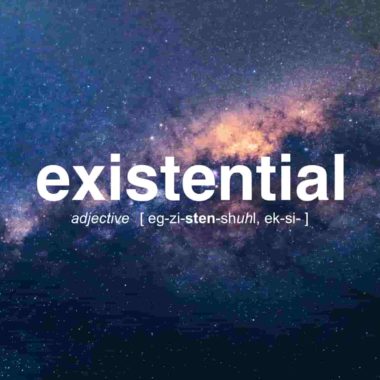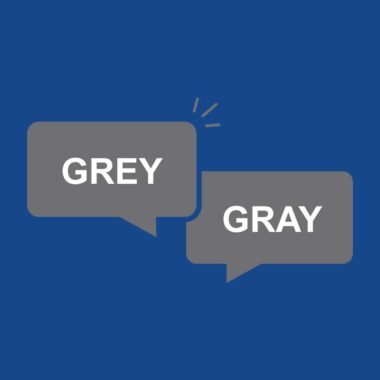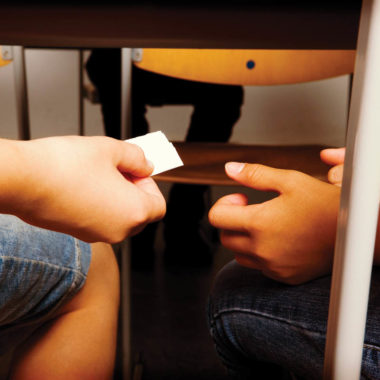Vocab Activities To Prepare For High School
Prepare your middle school kids for high school with these vocab activities Do you have a middle-schooler preparing for high school? Challenge them with over 10 vocab activities designed for high school age students. Learning about roots of words Roots can form words in our current language by reconstructing original words from a parent language. Learn more about roots of words by looking for some …











